We strongly recommend that you have maintenance done on your HVAC system twice a year: in the spring, for your cooling system, and in the fall, for your heating system. And we frequently warn our customers of the signs that a heating system needs repair, so problems won’t worsen, and can be easily fixed. These things will help your heating system last as long as possible. Be prepared by knowing uncommon heating issues you may face before they turn into costly breakdowns.
However, eventually, the day will come when you can no longer get that heating system to keep working, or you would have to invest a great deal in repairs to an old and failing system just to keep it running for a few months. That’s when you need a new heater! But when will it happen? We believe in the value of planning ahead, so let’s talk about how long you can expect a heating system to last before you need to replace it.
How long does a heat pump last with regular heating and air conditioning repair?
A well-maintained heat pump typically lasts 10 to 15 years. Scheduling professional heating and air conditioning repair twice a year, once in spring and once in fall, helps extend its lifespan, improve energy efficiency, and prevent costly breakdowns over time.

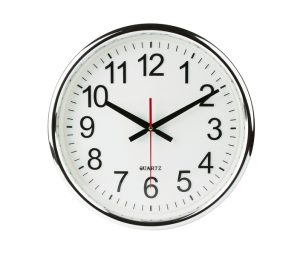


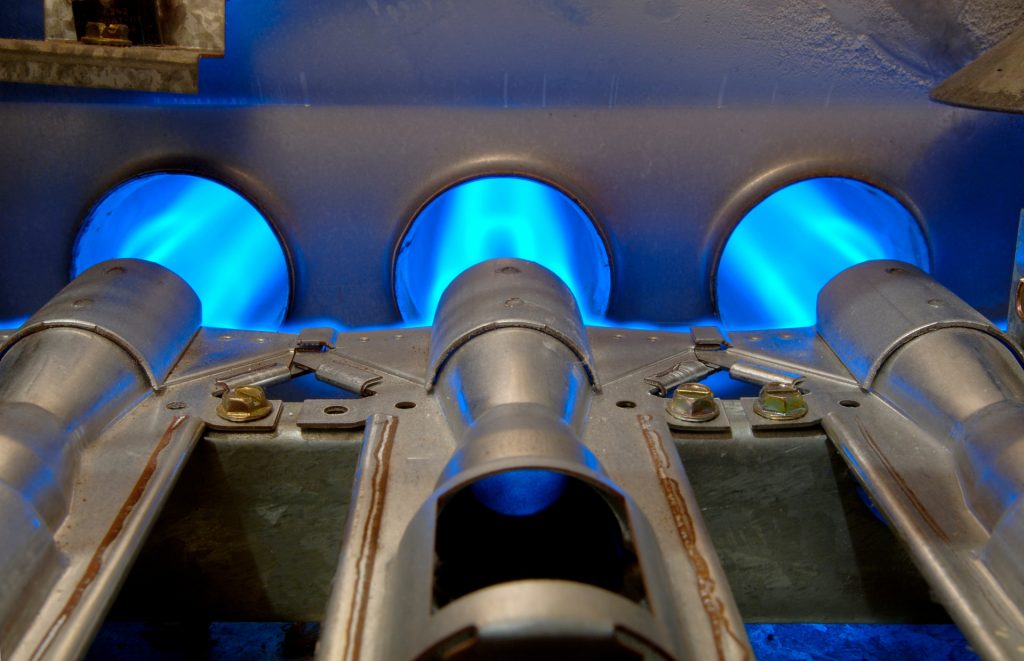
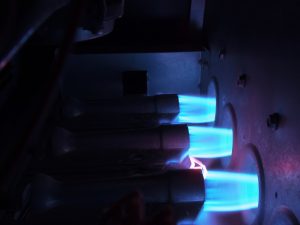 Most homes in the area rely on forced-air furnaces for heat. They’re inexpensive and effective, which makes them an excellent fit for our short winters and comparatively mild heating needs. But they run into problems just like any other appliance, especially now, at the end of winter, when they’ve been running on a regular basis and are likely subjected to the pressures of wear and tear. Older furnaces, in particular, need to be watched carefully because fundamental components may begin to break down.
Most homes in the area rely on forced-air furnaces for heat. They’re inexpensive and effective, which makes them an excellent fit for our short winters and comparatively mild heating needs. But they run into problems just like any other appliance, especially now, at the end of winter, when they’ve been running on a regular basis and are likely subjected to the pressures of wear and tear. Older furnaces, in particular, need to be watched carefully because fundamental components may begin to break down.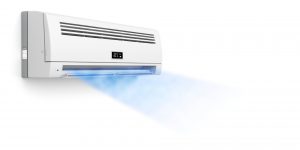 We live in a part of the country with long, hot summers and very short winters. Household comfort is a vital part of life here, especially as winter turns to spring and the temperatures begin rising again. Most homes in the area rely on traditional heating and air conditioning systems: usually centralized systems that heat or cool the air in a single location, then blow it through the home with a series of ducts.
We live in a part of the country with long, hot summers and very short winters. Household comfort is a vital part of life here, especially as winter turns to spring and the temperatures begin rising again. Most homes in the area rely on traditional heating and air conditioning systems: usually centralized systems that heat or cool the air in a single location, then blow it through the home with a series of ducts.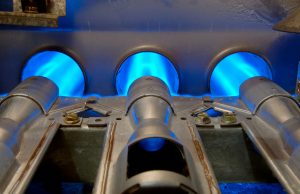 The weather has been growing steadily cooler for many weeks now, and as fall turns to winter, prudent homeowners are using their heating system more and more often. If you have an older heating system that may be on its last legs, now is the time to determine that. When a problem crops up with such a system, is it worthwhile to repair it? Or would that money be better spent on a replacement heater?
The weather has been growing steadily cooler for many weeks now, and as fall turns to winter, prudent homeowners are using their heating system more and more often. If you have an older heating system that may be on its last legs, now is the time to determine that. When a problem crops up with such a system, is it worthwhile to repair it? Or would that money be better spent on a replacement heater?